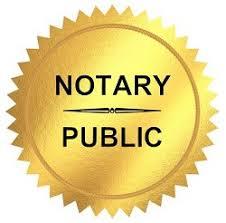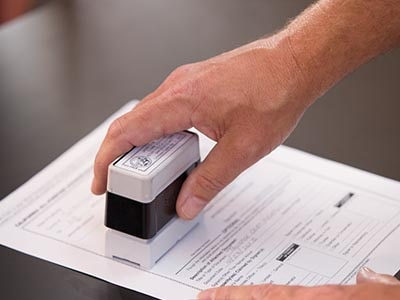Experienced Conveyancer: Browsing Building Transfers with Know-how
Experienced Conveyancer: Browsing Building Transfers with Know-how
Blog Article
Debunking Notarial Work: Streamlining the Function and Importance of Notaries
In the elaborate internet of lawful paperwork and confirmation, notaries stand as columns of guarantee and credibility. Their duty, commonly shrouded in secret for numerous, carries substantial weight in guaranteeing the credibility and integrity of important files. As guardians of validity and reality, notaries play an essential component in our culture, yet their work is not always fully recognized. By deciphering the complexities losing and bordering notarial techniques light on the relevance of their acts, a more clear understanding emerges of the vital role notaries play in supporting the fabric of lawful and legal contracts.
The History of Notarial Work
The background of notarial job days back to ancient civilizations, where scribes played a critical role in taping essential information and validating records. This led to the development of notaries, people designated by the state to act as objective witnesses in lawful issues.
During the Center Ages, notaries obtained prominence in Europe, with their functions increasing to include preparing lawful records, certifying signatures, and protecting documents. The increase of international profession better emphasized the significance of notarial job in verifying contracts and contracts throughout boundaries.
In the modern-day period, notaries proceed to play a crucial duty in lawful and organization purchases by verifying identities, confirming the authenticity of files, and preventing fraud. Their function in accrediting the validity of contracts adds a layer of safety and depend on to the ever-evolving landscape of business and law.

Responsibilities and Responsibilities of Notaries
The historical evolution of notarial job from ancient worlds to the modern-day age has formed the unique duties and responsibilities that notaries promote in lawful and business transactions today. Notaries play a vital duty in confirming the authenticity of files and the identification of notaries. One of their main duties is to witness the finalizing of essential documents, such as contracts, wills, and acts, to guarantee that all events are becoming part of agreements purposefully and willingly. Notaries likewise confirm that notaries are of audio mind and not under pressure or coercion.
Additionally, notaries are entrusted with carrying out vows and affirmations, which are important in lawful proceedings and the execution of sworn statements. They license duplicates of initial records, providing assurance to organizations that the duplicates hold true replicas of the originals. Notaries have to keep exact documents of all deals they manage to guarantee transparency and responsibility. Generally, the tasks and duties of notaries are important in protecting the stability and validity of different papers and deals.
Notarial Certificates and Signatures
Exemplifying meticulous focus to information, notarial certificates and trademarks function as necessary elements in verifying the authenticity of legal records. Notarial certifications generally include crucial details such as the day of notarization, the names of the notaries, a summary of the paper, and the notary's official seal. These certificates supply a clear record of the notarial act, ensuring that the paper can be quickly recognized and traced back to the notary who supervised the process.
Trademarks play an essential role in notarial work, as they symbolize the agreement and approval of the parties included. Notaries meticulously witness the finalizing of documents to confirm the identification of the notaries and confirm that they are authorizing of their very own free choice. By attaching their main seal and signature to the file, notaries license that the essential treatments have been complied with which the document is legitimate and enforceable.
Essentially, notarial certifications and signatures are the trademark of credibility in legal deals, supplying assurance to all celebrations included that the records are genuine and binding.
Importance of Notarial Acts

Registration Refine Clarified
Clarifying the notarization process offers clarity on the important steps included in verifying legal files. The registration process generally begins with the specific offering the record to a notary public. The notary then confirms the signer's identity with appropriate recognition techniques. Once the identity is verified, the notary makes sure that the private signing the record does so voluntarily and with no threat.

Conclusion

Notarial certificates generally consist of crucial information such as the date of notarization, the names of the notaries, a summary of the document, and the notary's official seal. These certificates give a clear document of the notarial act, guaranteeing that the paper can be conveniently recognized and traced back to the notary that oversaw the process.
By affixing their official seal and signature to the file, notaries accredit that the needed treatments have been adhered to and that the record is legitimate and enforceable.
By validating the identification of the signatures, validating their readiness to get in right into the contract, and accrediting the date and place of the finalizing, notaries play a vital function in maintaining the credibility of legal files.After the file is signed, the notary will affix their main seal or stamp onto the record.
Report this page